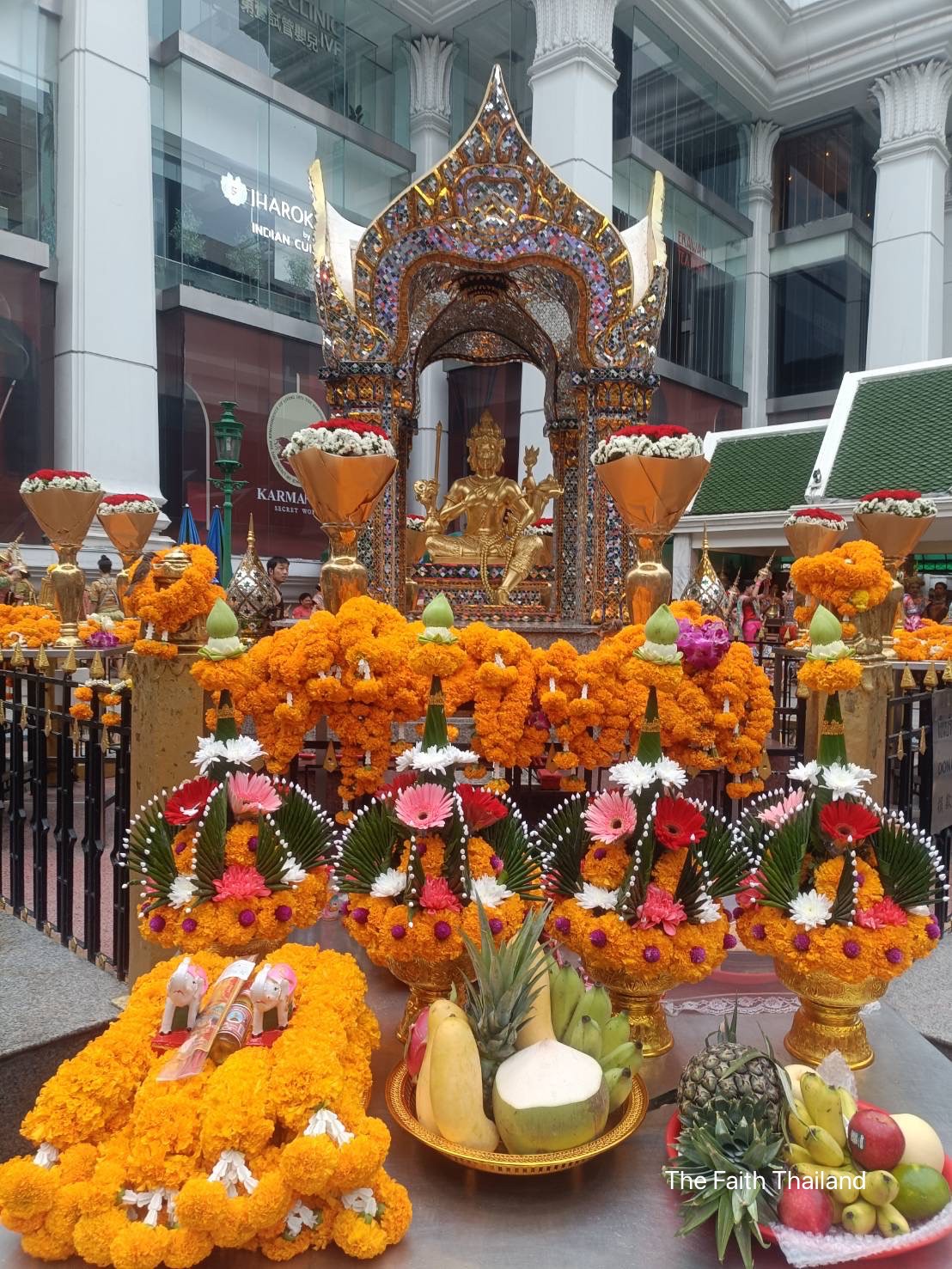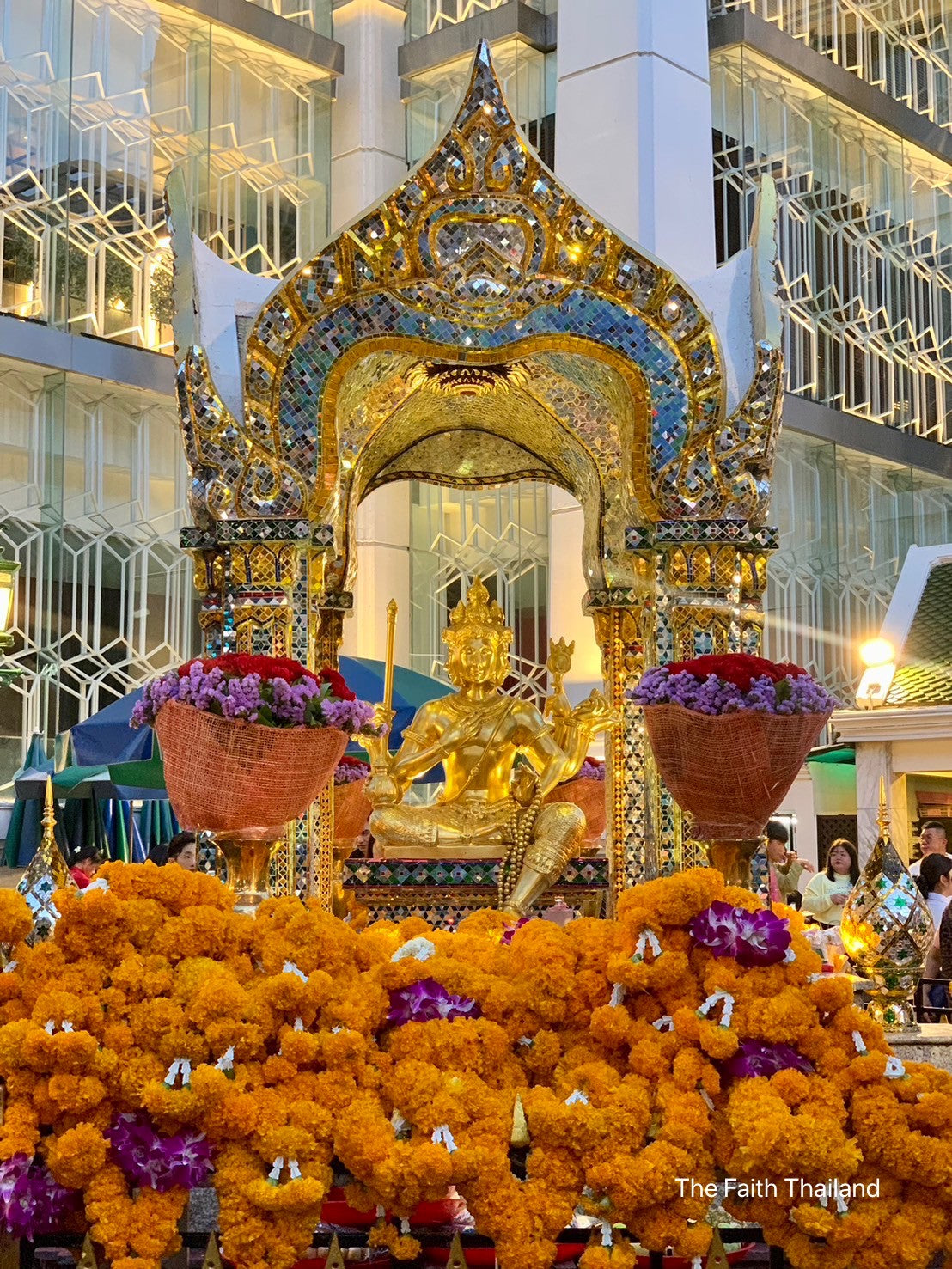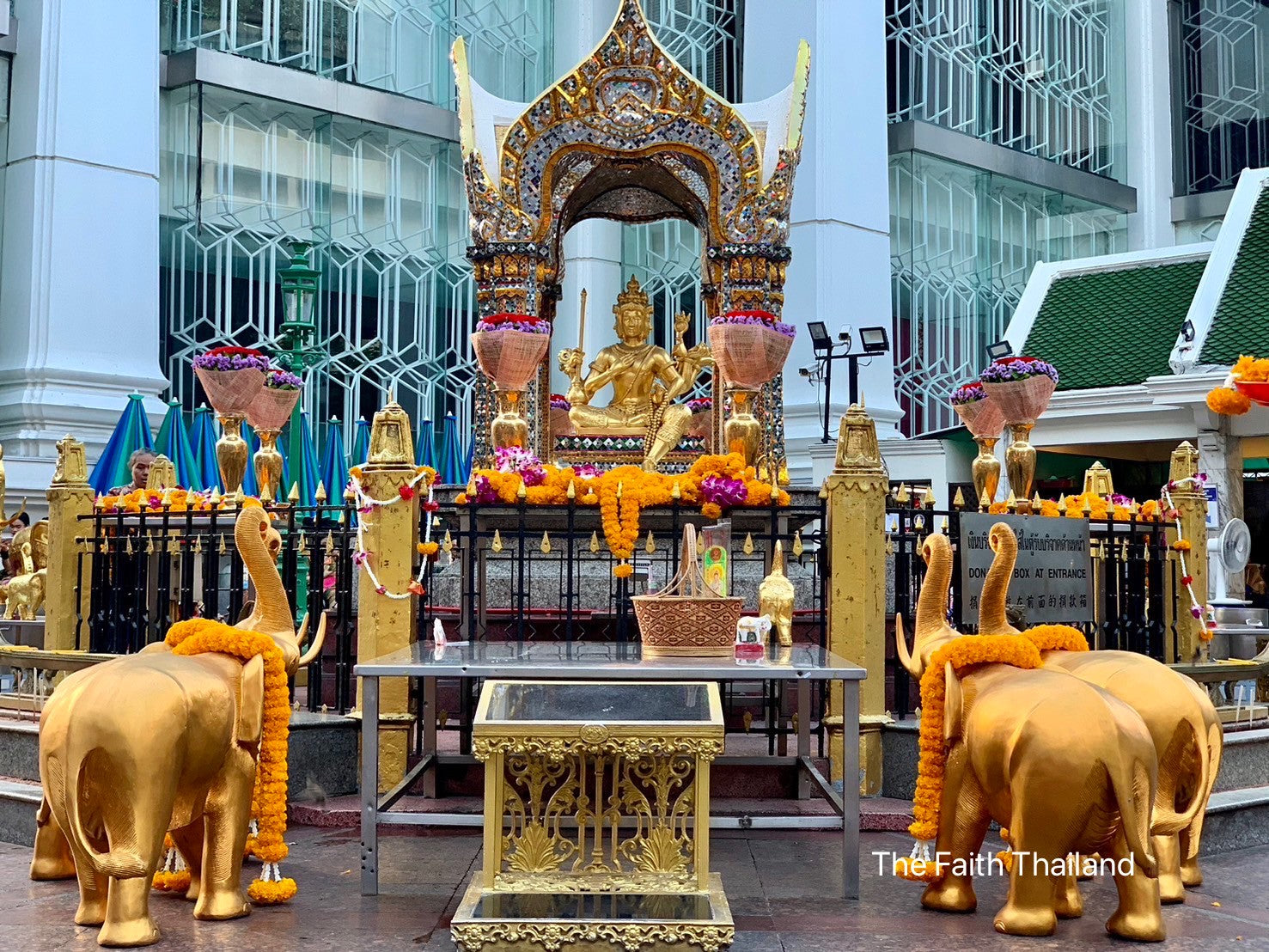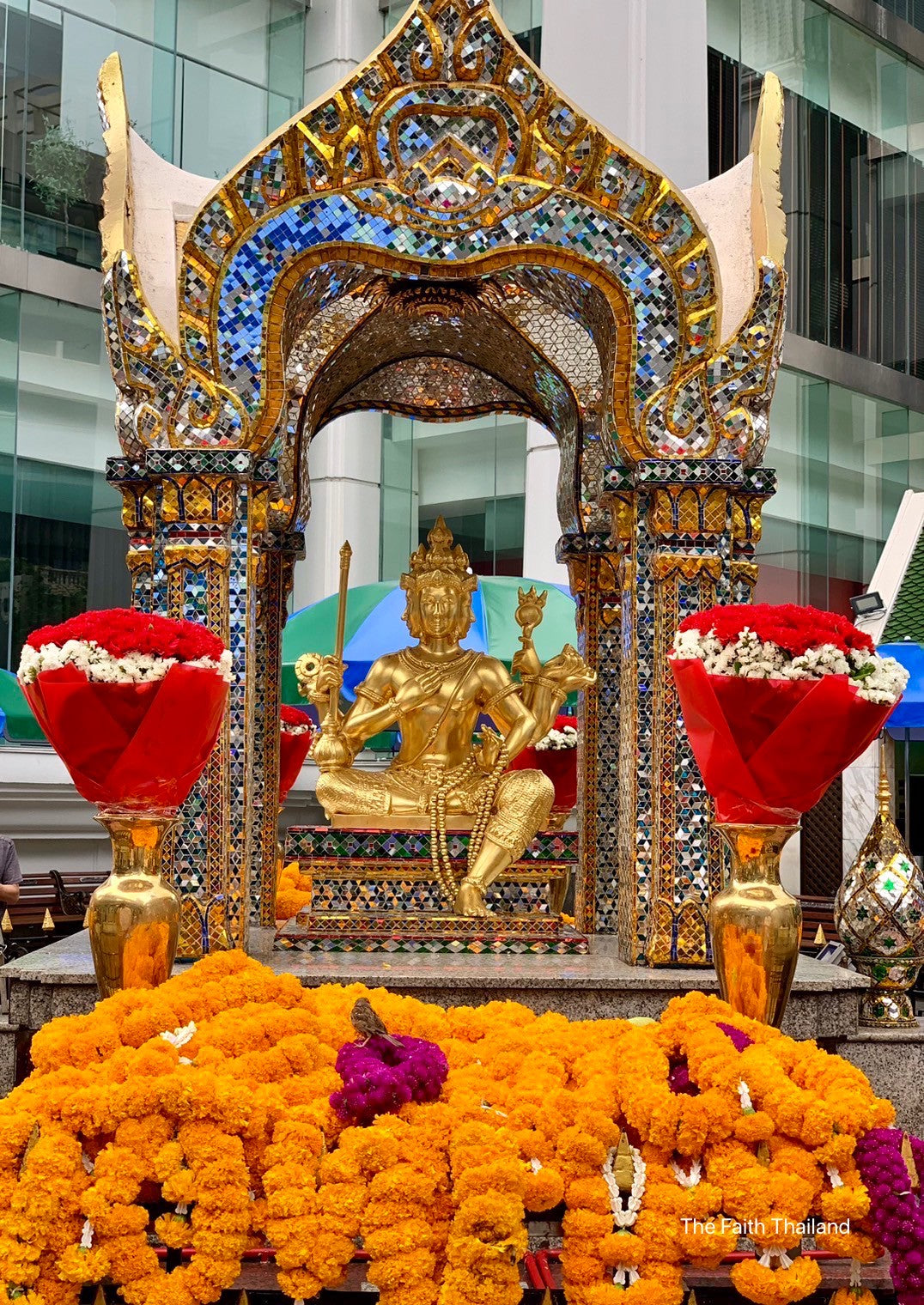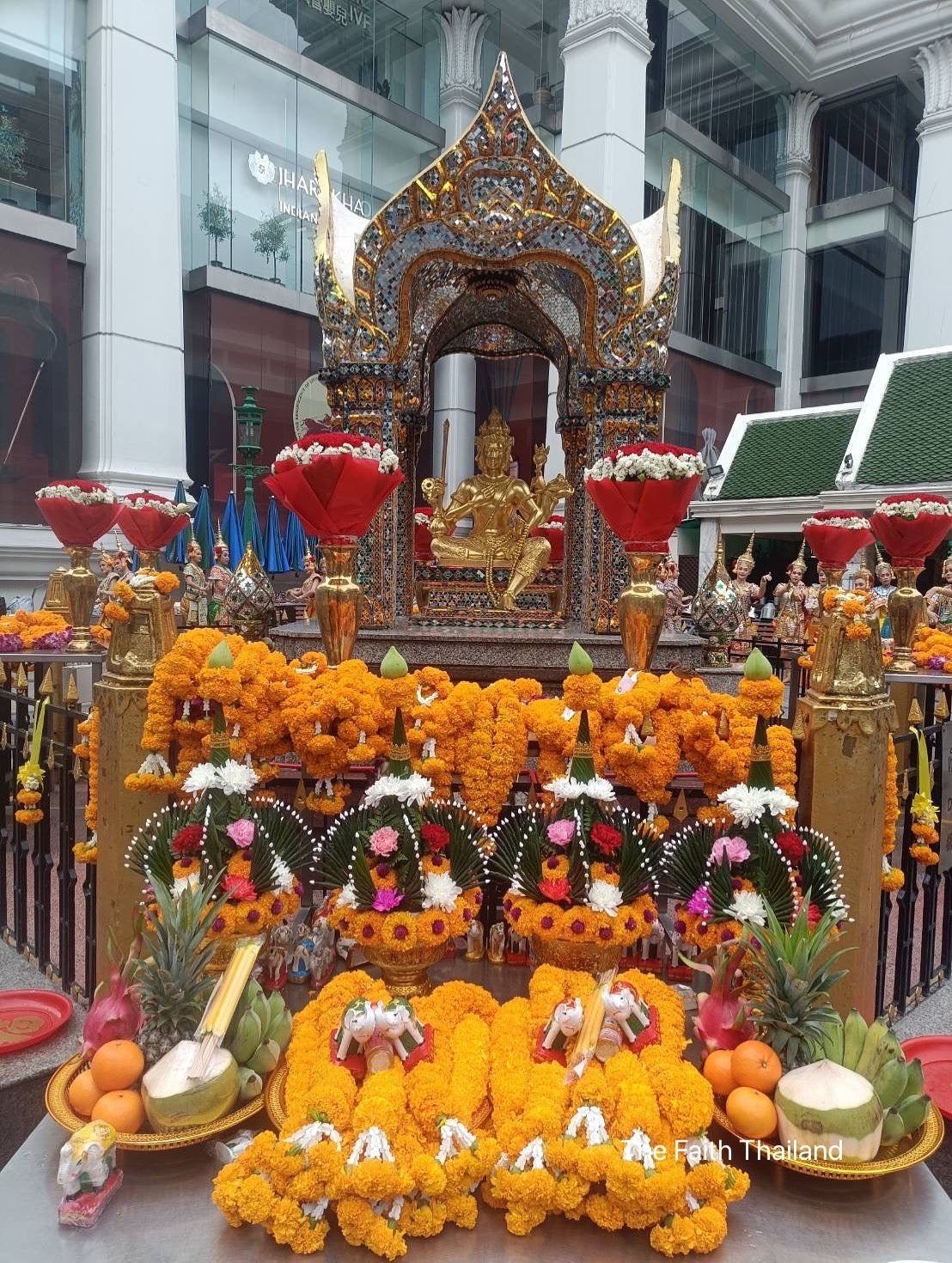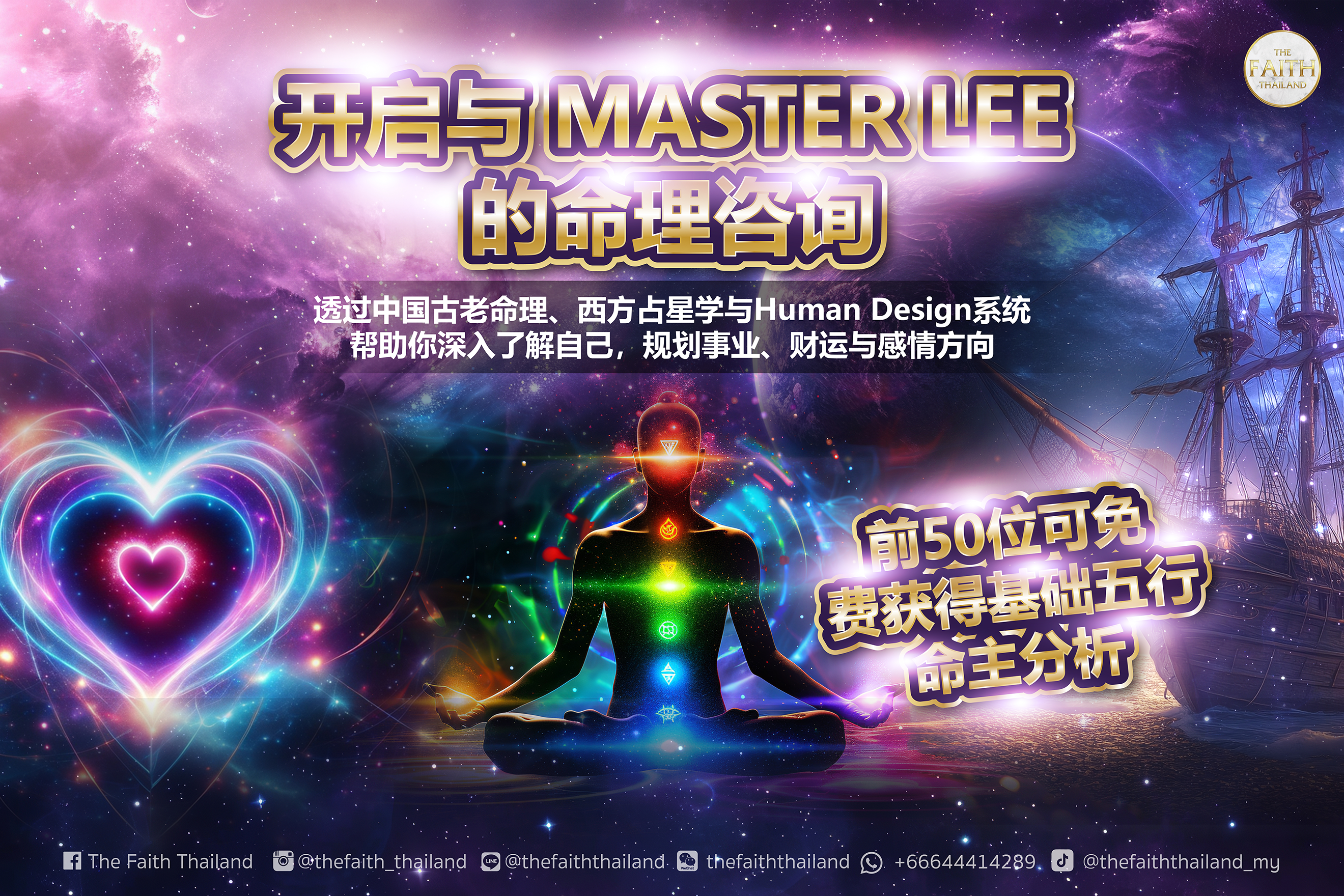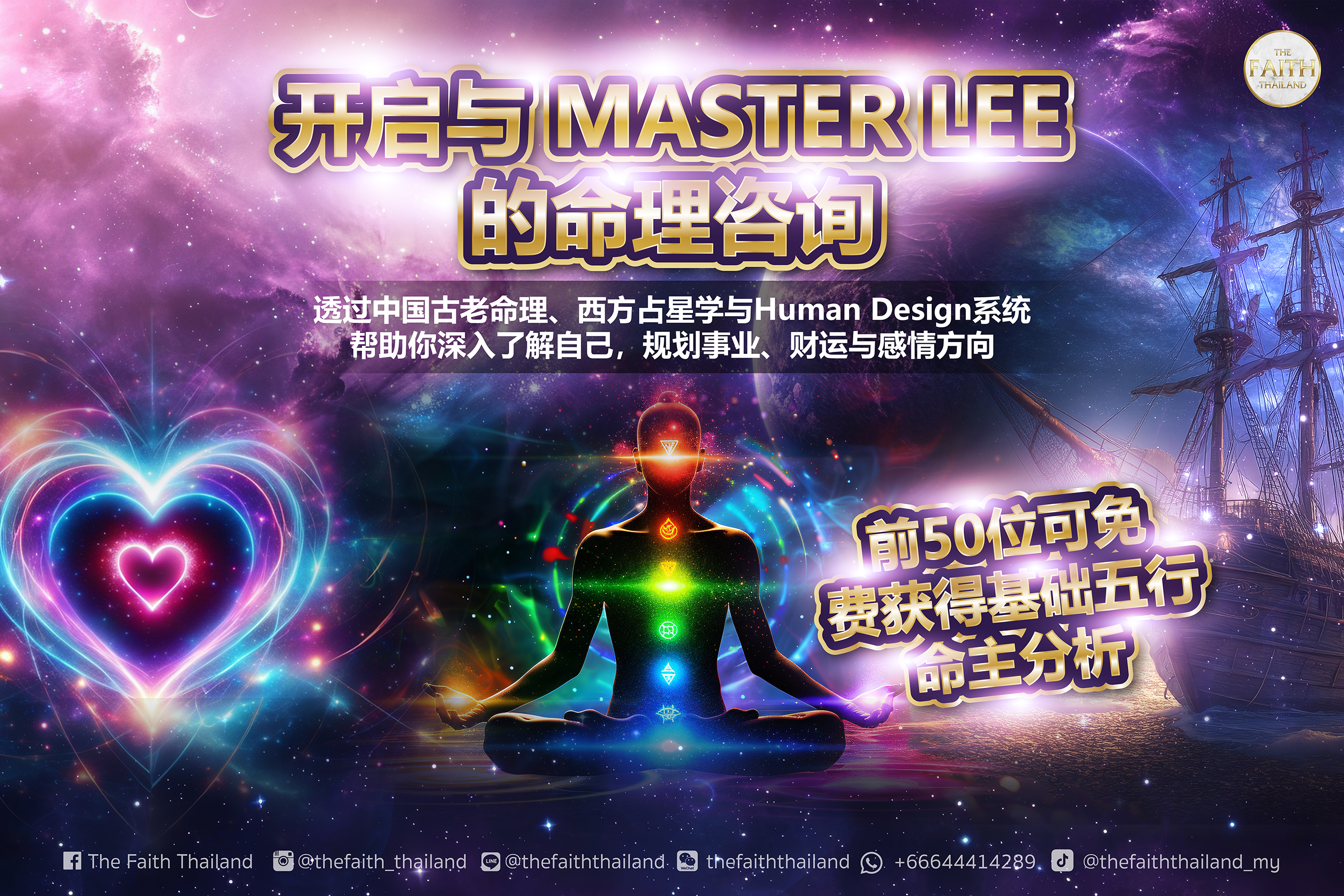探索中国茶文化:可持续生活方式的典范
中国有着数千年的茶文化历史,不仅深深地融入了人们的日常生活,还成为全球文化遗产的重要组成部分。近年来,可持续生活成为全球趋势,而中国传统茶文化凭借其自然、节制与生态友好的理念,与现代可持续生活方式不谋而合。在本文中,我们将探索中国茶文化如何通过其传统实践促进环保,并推动可持续消费观念的转变。
自然耕作:生态友好的茶叶种植
中国茶文化的核心之一是对自然环境的尊重。从古代起,茶叶种植就强调“因地制宜”,利用自然生态条件种茶,减少人为干预。例如,许多高山茶园利用山坡地形种植,减少土壤冲刷,同时避免使用化学肥料和农药,提倡有机种植。这一生态种植方式不仅确保了茶叶的高品质,还减少了对环境的负面影响。
为了进一步了解文化中对自然的尊重,您可以阅读我们的文章《泰国四面佛:灵异故事背后的文化根源》,其同样展示了如何通过文化实践与自然共存。

传统工艺:资源节约与废物利用
中国茶叶在制作过程中采用的传统工艺也体现了对资源的充分利用。例如,在普洱茶的加工中,需要长时间的自然发酵,而不是依赖能源密集型的现代机械设备。此外,茶文化中强调“物尽其用”,废弃的茶叶可以用作植物肥料,茶汤渣则常被视为清洁用具,应用于清洗碗盘等。
通过这些传统实践,中国茶文化为全球推广资源节约型生活方式提供了宝贵灵感。与此类似,您还可以阅读《跨越文化的信仰:我在异国他乡的四面佛奇缘》,了解文化习俗如何塑造人们的生活方式。

文化意识:推动可持续消费
现代可持续消费注重购买与环境友好的产品,而中国茶文化所传递的节制思想深受大众推崇。例如,“以简为美”的品茶风格提倡少饮精饮,避免浪费。这不仅有助于减少资源消耗,还促使人们关注质量胜过数量的消费理念。
此外,以茶为媒介的文化交流更加强调人与自然的和谐。想了解如何将这些文化理念融入日常生活?请访问我们的产品列表页,选择对环境友好的文化商品。
走向更可持续的未来
中国茶文化通过多方面促进可持续生活,包括生态友好的种植方法、传统手工艺的环保性以及推动节制消费的文化意识。这些传统实践不仅是中国人对自然的尊重,也为其他国家和文化提供了宝贵的借鉴。
如果您对更多亚洲文化实践感兴趣,查看我们的文章《将四面佛祈福融入家庭新年庆祝:技巧与建议》,探索令人启发的文化与宗教习俗。

行动起来
准备体验中国茶文化与其倡导的可持续生活方式了吗?访问我们的产品列表页,探索我们精选的文化与环保商品。立即加入我们,可持续生活的旅程就从这里开始!
Exploring Chinese Tea Culture: A Model for Sustainable Living
China has a tea culture history spanning thousands of years, deeply integrated into people's daily lives and becoming a significant part of global cultural heritage. In recent years, sustainable living has become a global trend, and Chinese traditional tea culture aligns with modern sustainable lifestyles with its natural, restrained, and eco-friendly philosophy. In this article, we will explore how Chinese tea culture promotes environmental protection through its traditional practices and advances the transformation of sustainable consumption concepts.
Natural Farming: Eco-Friendly Tea Planting
One of the cores of Chinese tea culture is respect for the natural environment. Since ancient times, tea planting emphasized "adapting to local conditions," using natural ecological conditions to plant tea, minimizing human intervention. For example, many high-altitude tea gardens use the terrain of slopes to plant, reducing soil erosion while avoiding chemical fertilizers and pesticides, advocating organic farming. This ecological planting method not only ensures the high quality of tea leaves but also reduces negative environmental impacts.
To further understand the culture's respect for nature, you can read our article "The Cultural Roots Behind the Eerie Stories of the Thai Four-Faced Buddha", which similarly demonstrates how cultural practices coexist with nature.

Traditional Craftsmanship: Resource Saving and Waste Utilization
The traditional craftsmanship adopted in the production process of Chinese tea also reflects full resource utilization. For example, in the processing of Pu'er tea, long-term natural fermentation is required instead of relying on energy-intensive modern machinery. Additionally, tea culture emphasizes "making full use of things," where discarded tea leaves can be used as plant fertilizer, and tea residues are often regarded as cleaning tools, used for washing dishes, etc.
Through these traditional practices, Chinese tea culture provides valuable inspiration for globally promoting a resource-saving lifestyle. Similarly, you can also read "Faith Across Cultures: My Encounter with the Four-Faced Buddha Abroad", to understand how cultural customs shape people's lifestyles.

Cultural Awareness: Promoting Sustainable Consumption
Modern sustainable consumption emphasizes purchasing environmentally friendly products, and the idea of restraint conveyed by Chinese tea culture is highly regarded by the public. For example, the "simplicity as beauty" tea-drinking style advocates drinking less but of higher quality, avoiding waste. This not only helps reduce resource consumption but also encourages attention to the quality over quantity consumption concept.
Moreover, cultural exchanges mediated by tea further emphasize harmony between people and nature. Want to learn how to integrate these cultural concepts into daily life? Please visit our product listing page and select environmentally friendly cultural products.
Towards a More Sustainable Future
Chinese tea culture promotes sustainable living through various aspects, including eco-friendly planting methods, the environmental protection of traditional handicrafts, and cultural awareness promoting restrained consumption. These traditional practices are not only a respect for nature by the Chinese but also provide valuable insights for other countries and cultures.
If you are interested in more Asian cultural practices, check out our article "Incorporating Four-Faced Buddha Blessings into Family New Year Celebrations: Tips and Suggestions", and explore inspiring cultural and religious practices.

Take Action
Ready to experience Chinese tea culture and its advocated sustainable lifestyle? Visit our product listing page to explore our selected cultural and eco-friendly products. Join us now, and the journey to sustainable living starts here!


